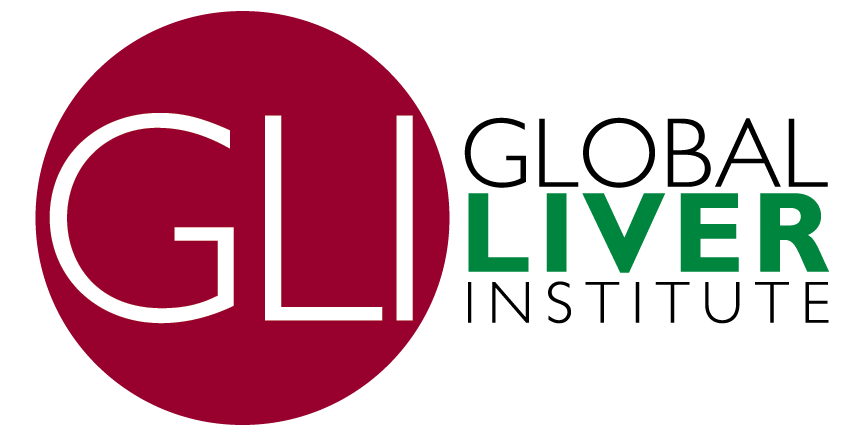
How to Be an Advocate for People with Liver Cancer

A free two-day workshop will train people who want to raise awareness of liver diseases and influence public health policy to address their concerns.
There’s an old adage: “the squeaky wheel gets the grease.” In the cancer community, the role of an advocate is to be the squeaky wheel, to raise awareness so that attention and resources will be devoted to their cause.
Often, the most effective advocates for cancer are patients and their loved ones, but they are not necessarily advocacy experts. They learn over time.
For people diagnosed with liver cancer, time is of the essence. According to the National Cancer Institute’s Surveillance, Epidemiology, and End Results (SEER) database, only 18 percent of people with liver and intrahepatic bile duct cancer in the U.S. survive beyond five years after diagnosis. Because liver cancer is so aggressive and the survival rate so poor, it should be addressed as an important public health issue.
The
"I want patients and family members to not only have their seat at the table, but also feel empowered to be at its head,” said Donna Cryer, J.D., President and CEO of GLI.
The workshop is called the
Twenty-five expert patient advocates, policy-makers, physicians and communicators will teach participants about the role of the patient voice in health care advocacy, important liver terminology, key trends and issues in the health care ecosystem, and how to identify and cultivate their personal advocacy strengths.
Participants can choose from multiple learning tracks, including legislation, drug development, patient-centric value frameworks, health care delivery and media.
After completing the training, participants become certified members of the Global Liver Health Advocate Network, which offers opportunities to network and collaborate with other advocates.
The National Cancer Institute estimates that around 40,710 new cases of liver and intrahepatic bile duct cancer will have been diagnosed in the U.S. by the end of 2017. This number is a fraction of the 3.9 million cases of people living with liver disease in the country, according to the CDC. The Advanced Advocacy Academy is available to people interested in advocating for people with all kinds of liver diseases.
"Together, we can collaborate as a force that ensures that liver disease has its proper place on the global public health agenda,” said Cryer.
The deadline to sign up for the workshop is October 31.




